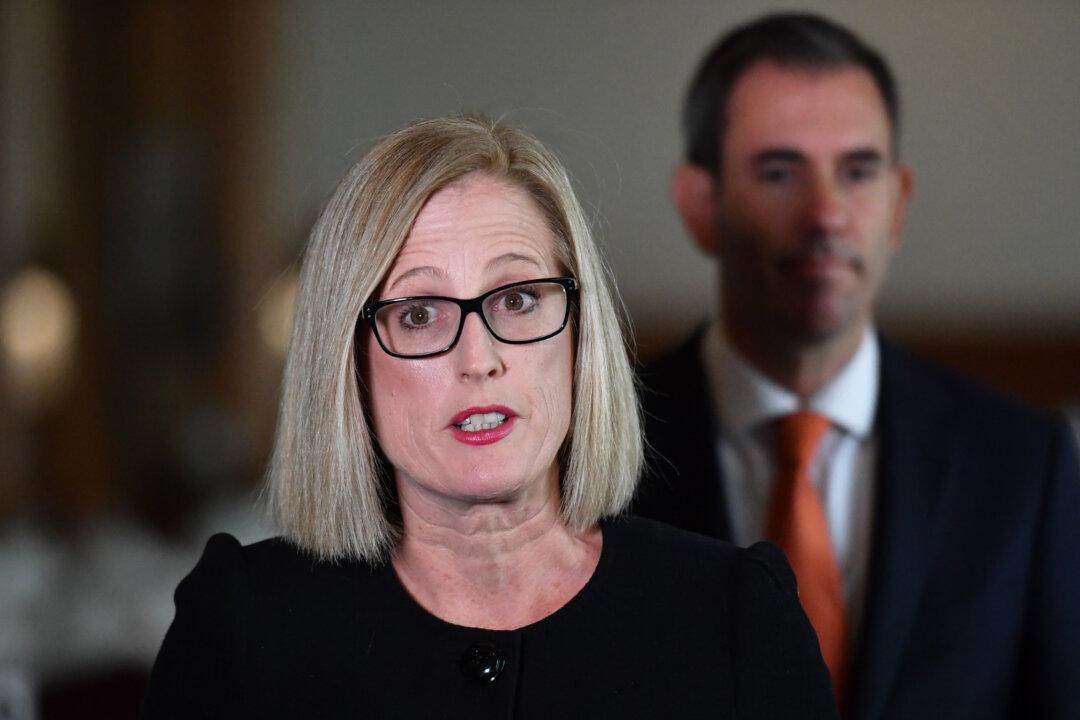Australian Finance Minister Katy Gallagher has warned that Australia and the world are facing the risk of global stagnation and high inflation, a situation known as stagflation.
In its latest annual report, the Bank for International Settlements (BIS), also known as the central bank of central banks, said the world’s economic developments in the past year were shaped by the COVID-19 pandemic and the Russia-Ukraine war.





